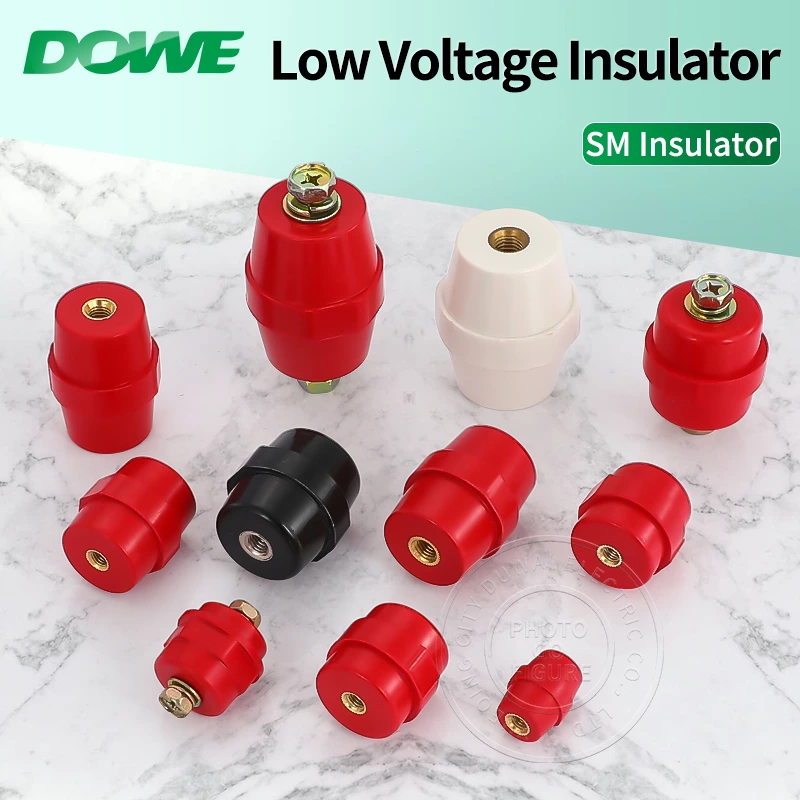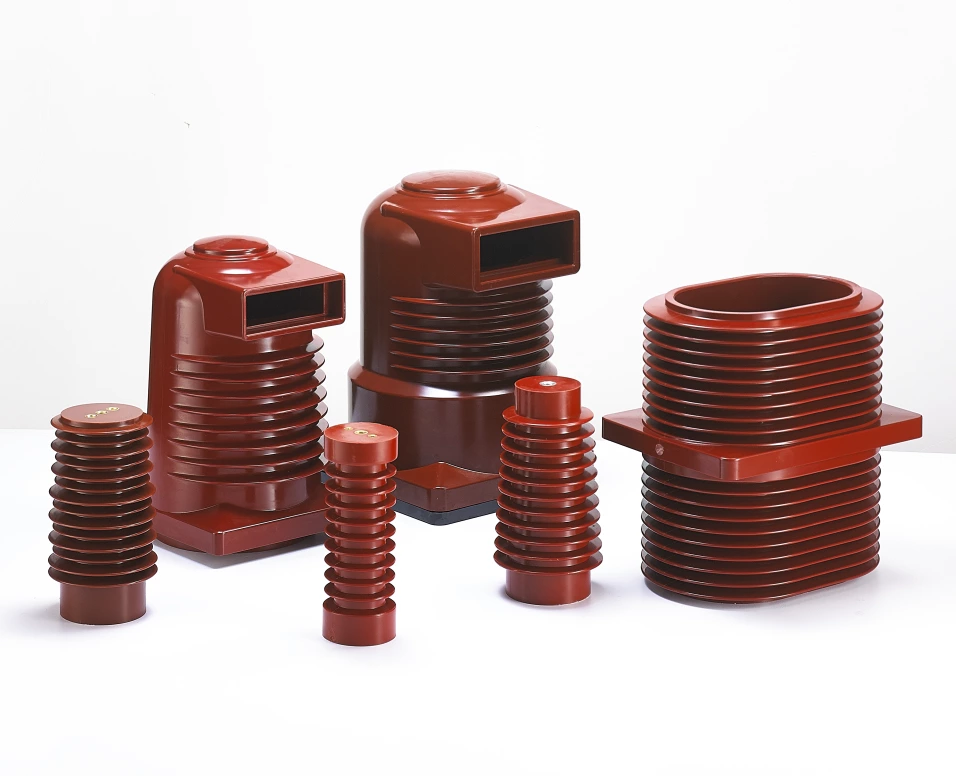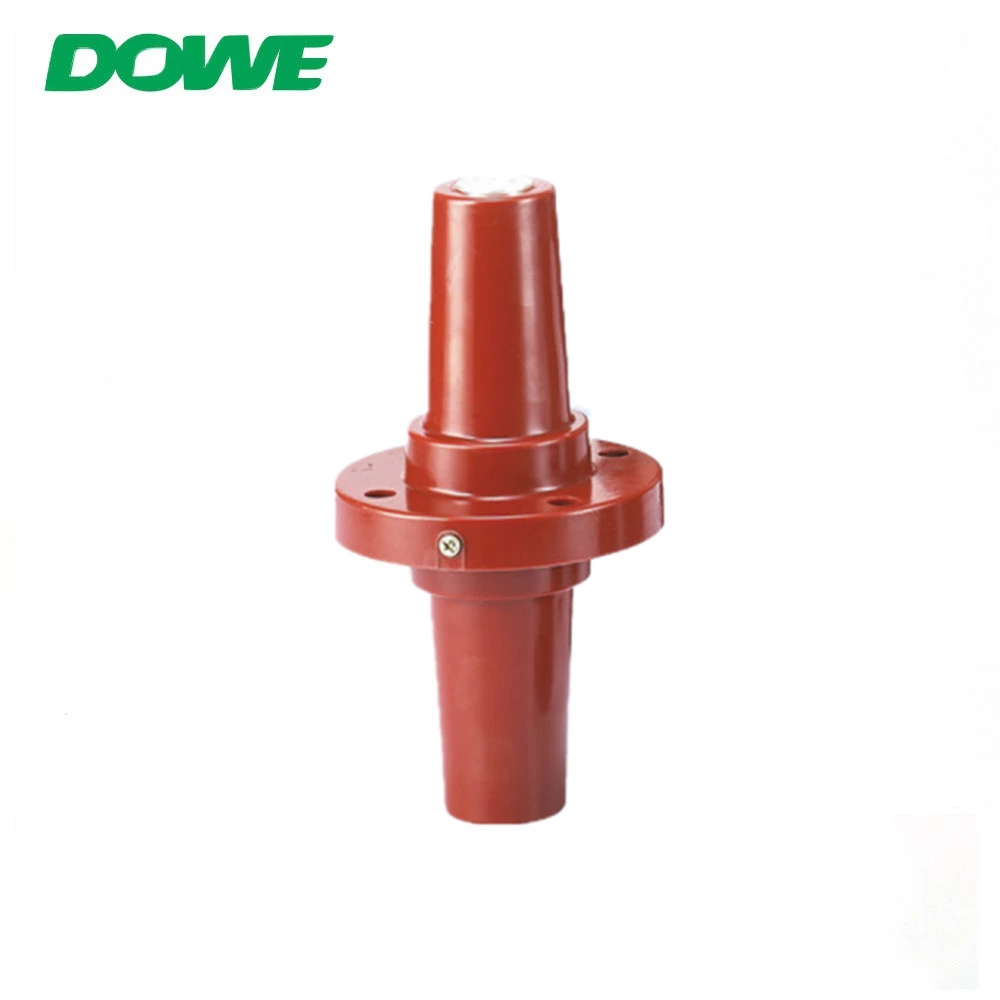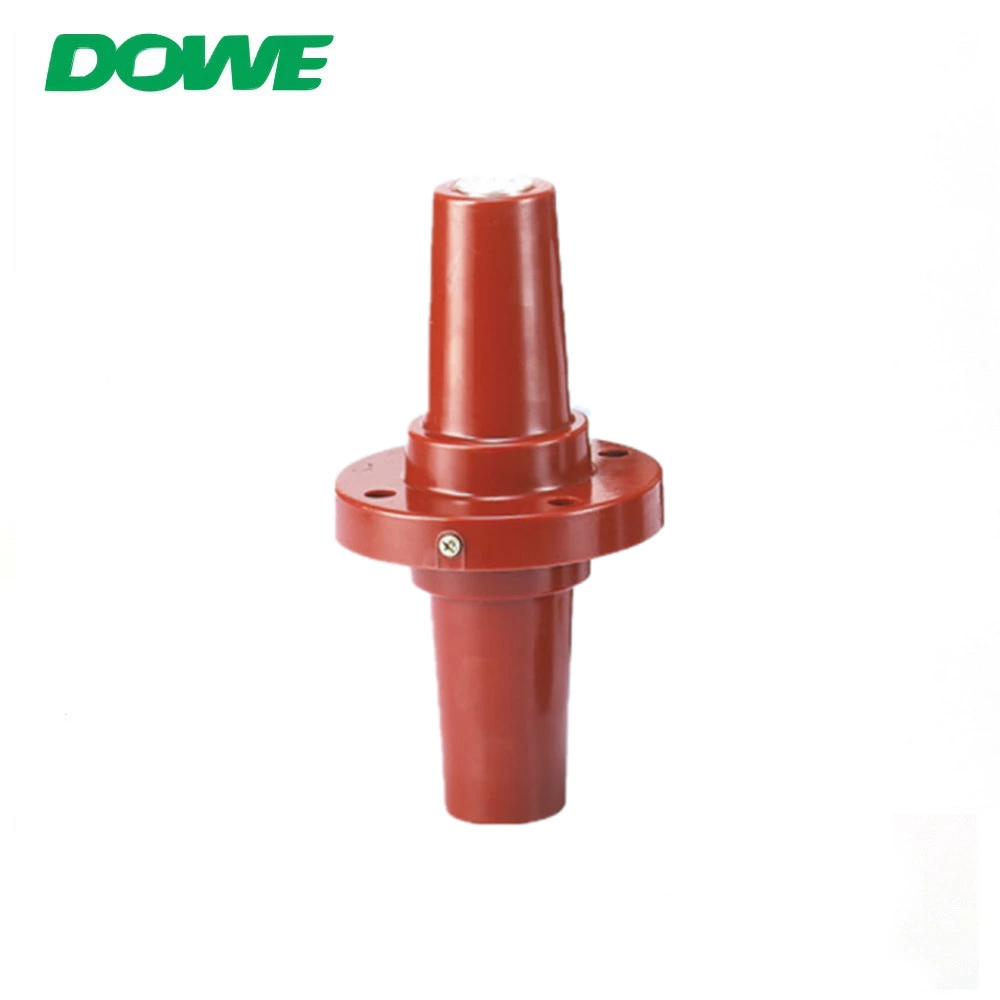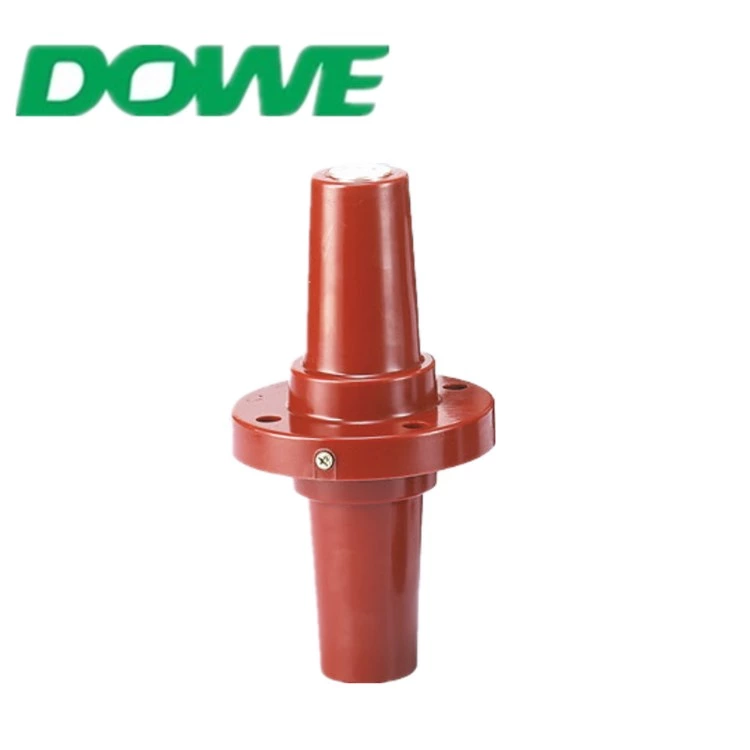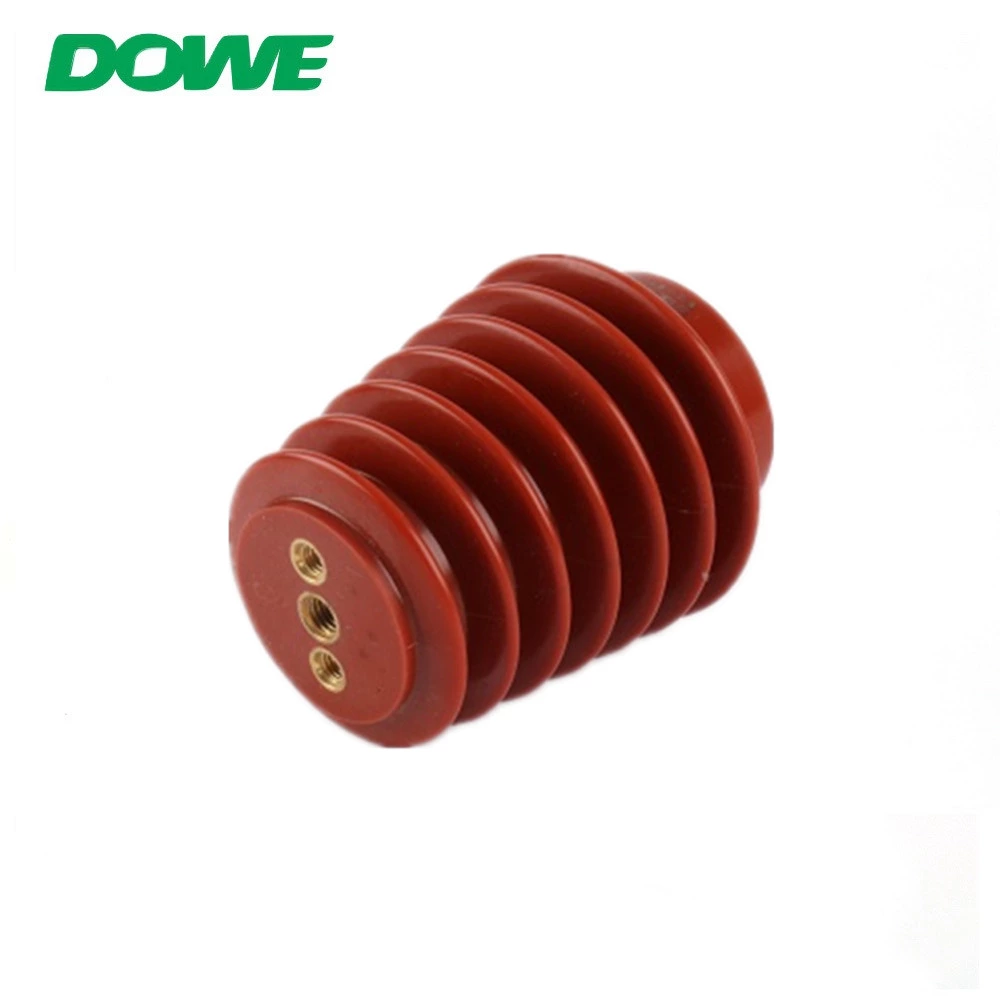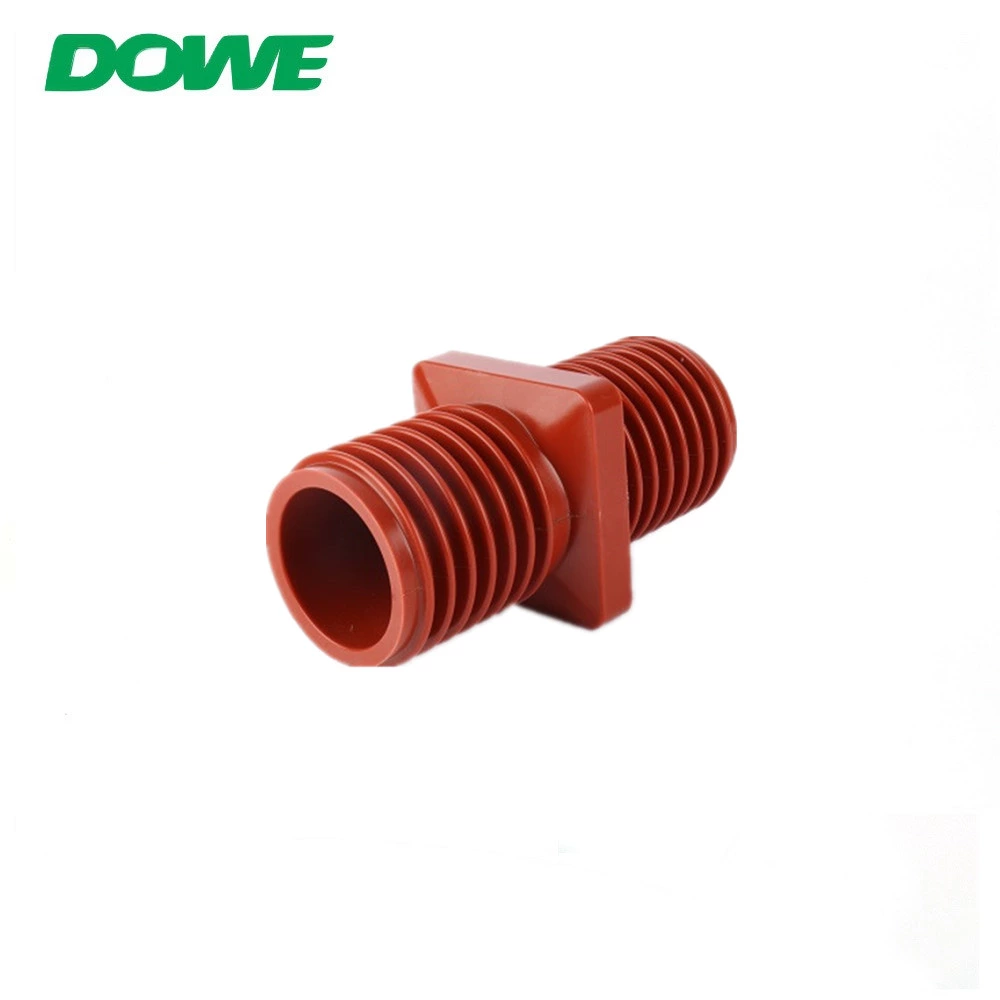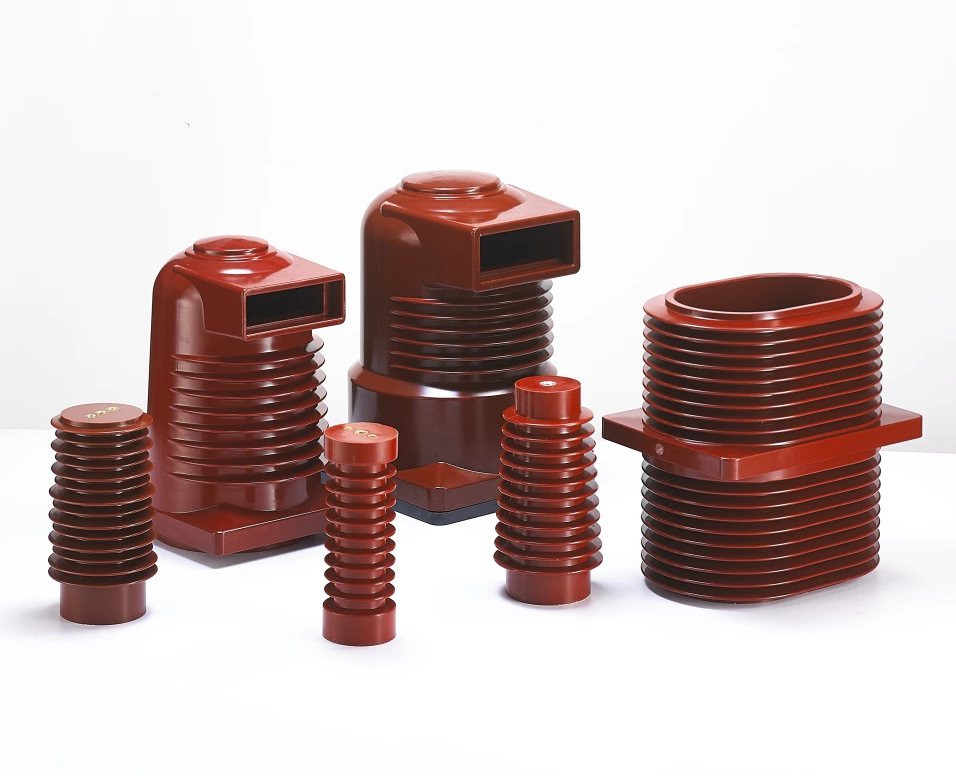What Are the Global Certification Standards for Electrical Insulators?

Electrical insulators are critical components in power transmission and distribution. But without proper certification, they can pose serious risks. So, how do we ensure their quality and compliance? Let's explore the key global certification standards. ✅
The main global certification standards for electrical insulators include IEC, ANSI, ASTM, IEEE, and national regulations like GB in China. These standards define material properties, electrical performance, and mechanical strength requirements. 🏗️
Many buyers assume that all insulators on the market meet strict standards, but that’s not always the case. Counterfeit certifications and subpar products can be major risks. ⚠️ Let's break down the certifications that truly matter.
📖 Table of Contents
- What are the key international standards for electrical insulators?
- Do national standards differ from global standards?
- How can buyers verify insulator certifications?
- Conclusion
What are the key international standards for electrical insulators? 🌍📜
International organizations set the benchmarks for insulator performance and safety. Knowing these standards helps buyers make informed decisions. 💡
The most recognized standards include IEC 60168, ANSI C29, IEEE 4, and ASTM D149. These cover electrical, mechanical, and environmental requirements. 🏭
⚡ IEC Standards: The Global Benchmark
The International Electrotechnical Commission (IEC) is widely recognized in Europe, Asia, and many other regions. Some key IEC standards include:
| Standard | Scope |
|---|---|
| IEC 60168 | General mechanical and electrical performance requirements ⚙️ |
| IEC 60273 | Dimensions for post insulators 📏 |
| IEC 60383 | Tests for insulators used in overhead lines 🔬 |
These standards ensure insulators meet stringent electrical and mechanical performance criteria. 🔥
🇺🇸 ANSI Standards: The U.S. Reference
The American National Standards Institute (ANSI) defines insulator requirements mainly for North America. Key ANSI standards include:
- ANSI C29.1 - C29.12: Covers different insulator types (pin, post, suspension, etc.). 🔗
- ANSI C29.7: Specifies requirements for toughened glass insulators. 🏗️
If you're exporting to the U.S., ANSI compliance is a must. 📦
🏭 ASTM and IEEE: Supporting Standards
- ASTM D149: Measures dielectric breakdown voltage. ⚡
- IEEE 4: Provides standard testing methods for insulation resistance and impulse voltage. 📊
These standards complement IEC and ANSI requirements, ensuring additional safety benchmarks. 🏆
Do national standards differ from global standards? 🌎⚖️
Different countries have their own standards, often aligning with global benchmarks but with local adaptations. 🌍
China (GB), India (ISI), and Russia (GOST) have national insulator standards, often referencing IEC or ANSI but with local testing criteria. 🏭
🇨🇳 China’s GB Standards
China follows GB/T 8287, GB/T 19519, and other national standards. While these often align with IEC, testing procedures and material specifications can differ. 🏗️
🇮🇳 India’s ISI Standards
India follows IS 731 and IS 2486, which set insulator specifications for local grid conditions. ⚡
🇷🇺 Russia’s GOST Standards
Russia’s GOST 6490-93 defines insulator requirements for high-voltage applications. 🔋
How can buyers verify insulator certifications? 🔎📜
Understanding certification standards is one thing, but verifying compliance is another challenge. 🤔
Buyers should request official test reports, verify certifications with issuing bodies, and check for internationally recognized testing laboratories like KEMA or UL. 🛡️
✅ Steps to Verify Certification
- Request full test reports 📑: Ask for independent lab test results, not just manufacturer self-reports.
- Cross-check with certification bodies 🏛️: Verify IEC and ANSI compliance through official sources.
- Check recognized testing labs 🔬: Labs like KEMA, UL, and SGS provide credible third-party validation.
Fake certifications are a real issue in the industry. ⚠️ Always double-check before making a purchase. ✅

Conclusion 🎯
Global certification standards like IEC, ANSI, ASTM, and IEEE ensure electrical insulator safety and performance. Buyers should verify compliance through independent testing reports and reputable certification bodies. 🔍⚡
